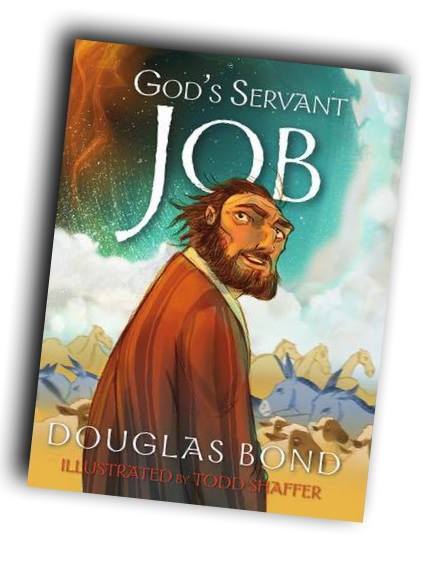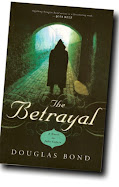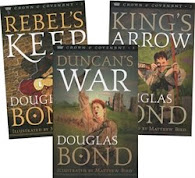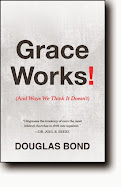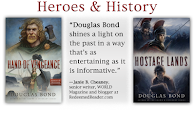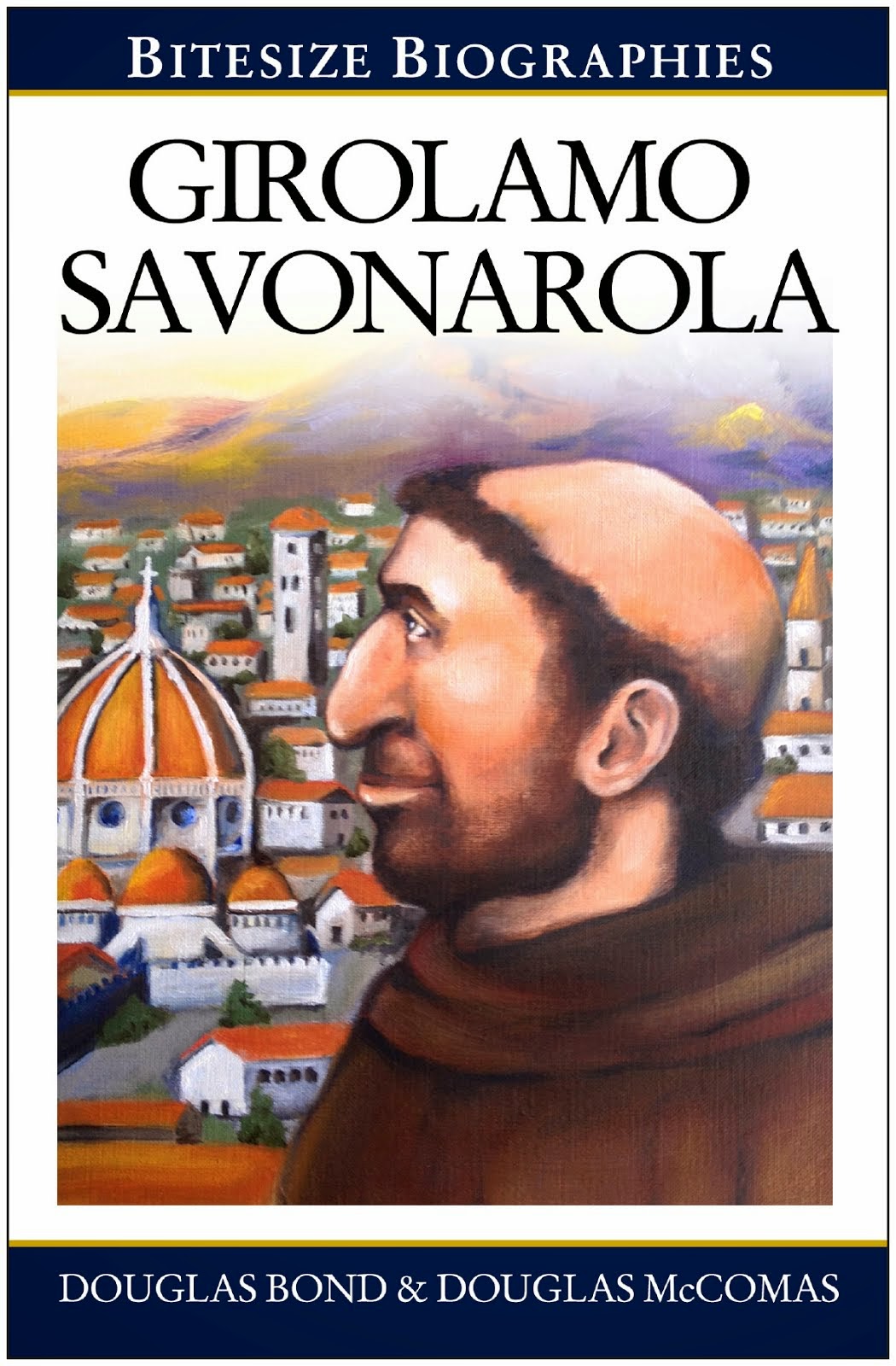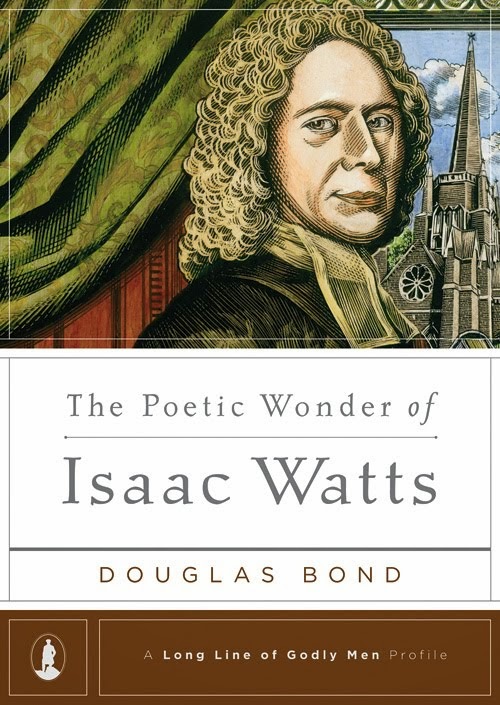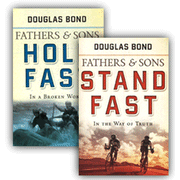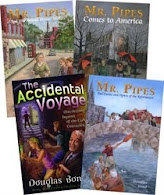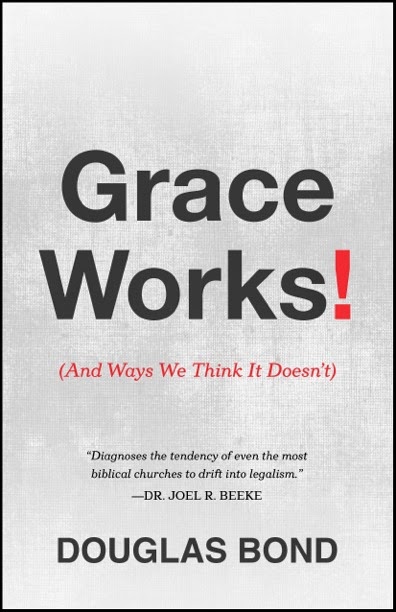 |
| "His pride led to his downfall." |
Uzziah’s downfall
“As long as
he sought the Lord, God gave him success,” the inspired historian records of
young Uzziah. And was he ever successful! A warrior king almost on a par with
King David, he defeated the mighty Philistines and demolished the walls of
their principle cities, and waged successful campaigns against the Arabs and
the Ammonites. No other king could boast of so disciplined an army and of such
deadly war machines--catapults and mechanized equipment for firing arrows. For
his army and weaponry, even for advances in farming, Uzziah was the envy of
ancient kings.
But something was not right: “As
long as he sought the Lord…” With those words, the chronicler hints that Uzziah
is not going to stay the mark. This young king had humbly sought help from the
Lord and “was greatly helped.” But here’s the rub, “after he became powerful
his pride led to his downfall” (II Chronicles 26:15b, 16a).
So it will be with you if you do
not persevere in seeking after God. On the heels of urging you to seek the Lord
early, I wonder if some young men jump to the conclusion that seeking the Lord
is a youthful activity, that if you do enough of it in your youth you can live
off the interest in your adult life. No way. Seeking the Lord is a continuum.
It is daily rising up and calling him blessed. It is hourly vigilance over
besetting sin. It is daily diligence in the Word and prayer. It is humble
worship, seeking the Lord in his house on the Sabbath day. Genuine seeking is
always in the present perfect tense--continuing, pressing on, straining every
spiritual muscle after Christ—all things Uzziah stopped doing.
Continue doing these things and you
will have success. God does not make idle promises. You will succeed in
mortifying sin, in effectual prayer, in heartfelt worship, in humble service,
and at the last you will have the celestial success of Satan conquered and
heaven won. Forget riches and fame—there’s no greater success.
But many
men—young and old—are brought low, like Uzziah, because when they gain a
measure of success they become proud; they fail to give God credit for his gracious work
in them, his gifts given to them, his successes.
Sports and pride
Moments before the 500 meter US
Sprint Kayak Nationals final I asked one of my sons what his race strategy was.
“I win, they lose,” he said with a grin. He’s a big Ronald Reagan fan and likes
quoting Reagan’s Cold War strategy. Two days earlier he’d lost the 1000 meter
sprint to a Hungarian-born paddler by 4,800ths of a second and was absolutely
determined not to cut things so close. He did win the 500 and by a bigger
margin. And then the monster pride rears his ugly head.
Competitive sports, young men, and
pride are a union forged in hell. If you are an athlete—or the father of
one--you must particularly beware of pride. Why? Because, as C. S. Lewis put
it:
Pride is
essentially competitive—is competitive by its very nature. Pride gets no
pleasure out of having something, only out of having more of it than the next
man. We say that people are proud of being rich, or clever, or good-looking,
but they are not. They are proud of being richer, or cleverer, or
better-looking than others. It is the comparison that makes you proud: the
pleasure of being above the rest. It is Pride—the wish to be richer than some
other rich man, and (still more) the wish for power. For, of course, power is
what Pride really enjoys.
Most young men love competition.
Men thrive on it. And we love power. We love being strong and being in control
of people and situations. Many great things have been accomplished by powerful
men straining to be the best. Consider General Bradley’s quip as George Paton
led the 3rd Army in victory after victory, ever deeper into
German-held territory in WW II: “Give George another headline and he’ll be good
for another thirty miles.” It’s embarrassing, but we’re inclined to do more if
we’re getting lots of credit for doing it. Feed our pride and we’ll conquer the
world.
Unlike war, where pride might
motivate a young man to do great deeds that benefit others, in sports young men
are easily consumed with shameless self-interest. Listen to the boasting of
professional athletes. Watch the swagger of the varsity basketball jock. See
the jutted chin and hauteur of the All-American quarterback. Gaze in disgust at
the unabashed self-conceit of the running back as he struts and preens in the
end-zone. Listen to your teammates. Hear your own words. Look into your own
heart. If you are a competitive athlete, beware of pride.
“If sports are supposed to build
character,” wrote Brad Wolverton in the Chronicle
of Higher Education, “recent evidence suggests that college athletics is
falling down on the job.” He cites a study of the moral reasoning of 70,000
college students conducted over two decades. The result? “Athletes have
significantly lower moral-reasoning skills than the general student
population.” Moral reasoning—what the ancients called virtue--leads you to use
your strength and skill in the interest of others. Competitive sports can flip
things around. So impressed with your own athletic prowess, you sneer in
disdain at others. Gradually, you begin to think of yourself as a worthy object
of the most devout—and disgusting--self-worship.
Once on your knees before yourself,
the absurdity of it all never occurs to you. How ridiculous for you to be
puffed up over strengths and skills God ultimately gave you! But seeing your
pride for what it is requires a changed heart.
Only a grateful heart will keep the
nonsense of your pride in check. Just when you’re swelling up at your victory,
offer thanksgiving that God gave you a healthy body, that he gave you the
opportunity to develop your skill, and if you’re really good at it, the particular
talent that sets your performance above the pack. Remind yourself that this is
God’s doing.
Then brace yourself like a man. The
devil slithers near. “Yes, but you’ve worked hard—harder than the rest,” he
hisses in your ear. “You’re first on the water and last off every workout.”
Stop your ears. The devil woos with “honest trifles.” Believe him and, as
Shakespeare put it, he will “betray you in deepest consequence.”
Insanity from
hell
C. S. Lewis has
little good to say about pride. “It comes direct from Hell,” he wrote. “Pride
is spiritual cancer; it eats up the very possibility of love, or contentment,
or even common sense.” He’s just getting warmed up. “The essential vice, the
utmost evil, is Pride. There is no fault which makes a man more unpopular, and
no fault which we are more unconscious of in ourselves.” He argues that all
other sins “are mere fleabites in comparison: it was through Pride that the
devil became the devil: Pride leads to every other vice; it is the complete
anti-God state of mind.”
In one of the
Bible’s classic passages on pride, the prophet Daniel records the history of
how pride ate up the common sense of another great king of the ancient world.
Nebuchadnezzar designed and built the magnificent hanging gardens of Babylon, one of the seven
wonders of the world. It was a splendid sight, and Nebuchadnezzar was intensely
proud of it. Like Uzziah, Nebuchadnezzar grew so proud that he gave himself
credit for the splendor of his entire empire. Seizing glory that belonged to God,
and setting himself up as God, he personified pride, “the complete anti-God
state of mind.” For this, Nebuchadnezzar became a madman, more like a wolf than
a human.
For a just God,
the punishment always fits the crime. No punishment could have been more
fitting for this proud man. Pride dehumanizes a man. You are most human when
you are closest to God, when you acknowledge his ways, when you bow before his
sovereignty, when you say that God does what he pleases, that his kingdom is an
eternal kingdom, when you say, “Heaven rules!” But pride makes you see things
upside down and inside out. Pride, like insanity, grossly distorts
reality.
Nebuchadnezzar’s
self-conceit made him believe the utter nonsense that he had made himself, his
strength, his intellect, his very life. Believing the ridiculous notion that
you have accomplished anything by your mighty power, for “the glory of [your]
majesty” is nothing short of insanity.
Thus, God punished
Nebuchadnezzar by letting the full impact of his pride come down on his head.
Chained to a stump, eating grass like a beast, Nebuchadnezzar finally learned
that “Those who walk in pride [God] is able to humble” (4:37). Finally, he
learned that “Heaven rules” (4:26).
Nebuchadnezzar’s
son Belshazzar, however, didn’t get this. Fathers train sons, alas, more
persuasively by our vices than by our virtues. Son Belshazzar
lost his entire kingdom to the Medes and the Persians--and his life--because
“[he] set [him]self up against the Lord of heaven,” and because he “did not
honor the God who holds in his hand [his] life and all [his] ways” (5:23).
Walk in pride and
you lose your common sense. Persist in pride and you become a madman. Press on
in pride and you end up where pride began: hell. God resists the proud. He
gives grace to the humble. Walk in humility--or prepare to eat grass.
Know it all
Anglican bishop J. C. Ryle called pride, “the
oldest sin in the world. Satan and his angels fell by pride. Thus pride stocked
hell with its first inhabitants.” Ryle warns that,
next only to Satan and his angels, “Pride
never reigns anywhere so powerfully as in the heart of a young man,” and it
puts young men in particularly dangerous positions. “Pride makes us rest
satisfied with ourselves, thinking we are good enough as we are.” And when you
think you are good enough as you are you are in deep weeds. You fail to be
teachable. Why bother learning when you’re smug and satisfied with yourself?
Lewis in the opening letter of Screwtape Letters gives demonic lesson
one in tempting a young man into hell: “Best of all, give him the grand general
idea that he knows it all.” This is an easy sell for him. It’s a strategy that
has worked exceptionally well for the devil over the millenniums and it
continues to work on your soul. But it’s a temptation entirely dependent on
your pride. We love believing this lie.
Similarly, Ryle argues that pride
“closes our ears against all advice.” How many times have you resented your
father’s advice this week? You feel like you already know what’s best for you,
so why listen to his advice. I remember this resentment at the words of my
father. You’ve got to get over this, and Ryle offers particularly valuable
advice to curb this foolish expression of your pride. Don’t close your ears to
it.
Do not be too
confident in your own judgment. Cease to be sure that you are always right, and
others always wrong. Be distrustful of your own opinion when you find it
contrary to that of older men than yourself, and especially to that of your own
parents. Age gives experience and therefore deserves respect. Never be ashamed
of being a learner. The wisest men would tell you they are always learners, and
are humbled to find after all how little they really know.
I recently watched and listened to
a twenty-two-year-old fool publicly dress down a man of fifty at a regatta
where everyone was supposed to be having fun. It was shameful. But you would
never do that. Not out loud, maybe. But how often have you responded to advice
with internalized smart-mouthed, know-it-all comments? True, it’s better
manners not to speak disrespectfully, but the pride is still there deeply
rooted in your heart. Being a Christian man is about rooting it out.
Pride and gunpowder
“To be proud,” continued Ryle, “is
to be more like the devil and fallen Adam, than like Christ.” But you’re called
to be like Christ who was born in a barn, became friends with sinners and sick
people, washed his disciples’ feet, was despised and rejected by the big shots
of his day, finally submitting to the most ignominious suffering and death for
our salvation. If anyone had a right to be proud, it was the second member of
the eternal Godhead, but Christ was not proud.
Neither was his
follower John Newton. When Newton
took up his ministerial duties and moved into the Old Vicarage in Olney, in
1764, he rearranged his garret study. Instead of looking out on the lovely
river valley and the fourteenth-century gothic church, he looked on the rows of
tenement houses where the needy of his parish lived and worked. Soon the upper-crust
in Olney resented Newton:
He was too busy with the poor to attend them when they held court at their fine
dinners and balls. They despised a minister who refused to fawn on them like Jane Austen’s ministerial caricature Mr. Collins,
who made himself a laughingstock by constant gushing over his venerable
patroness, Lady Catherine de Bourg.
In Newton’s day the ministry was a way to schmooze with the
rich and famous, things Newton
never did. But he knew many ministers who did and so gave this advice to a young
pastor: “It is easy for me to advise you to be
humble, but while human nature remains in its present state, there will be
almost the same connection between popularity and pride, as between fire and
gunpowder: they cannot meet without an explosion, at least not unless the
gunpowder is kept very damp.”
How do you keep your pride damp? By
having the same mind as Jesus. He came
“not to be served, but to serve and to give his life a ransom for many.” Be
honest about your powers. Christ’s are infinite and original; yours are derived
and pathetically finite. He is God; you are not. Yet, Christ was humble, and he
calls you—who have no right to be proud—humbly to follow in his steps. And best
of all, he enables you, by the grace and power of Jesus, to grow in the grace
of humility.
Be little
Irrational as it is, many Christian
young men swagger on in their pride. They speak condescendingly to parents and
teachers. They are rude. They are so “wise in [their] own eyes” (Proverbs
26:12) that they strut as if they know it all.
But maybe you are bright, gifted,
talented, strong, and highly capable. Compared with the rest of teenaged young
man on the planet, most of you are highly privileged. Some of you believe it
when your grandparents gush at how gifted you are. Maybe you are gifted. So how
do you avoid pride?
Listen to
humble, gifted tinker John Bunyan in Grace
Abounding to the Chief of Sinners as he addresses the gifted young man’s
sin. “Gifts being alone [are] dangerous because of the evils that attend those
that have them—pride, desire for vainglory, self-conceit.” He warns that if a
young man rests in his gifts and not in the grace of God he will “fall short of
the grace of God.” A wise young man “has cause also to walk humbly with God and
be little in his own eyes, and to remember that his gifts are not his own, but
the church’s, and that by them he is made a servant to the church.” There’s
that word again—servant.
Avoid pride by
humbly using your gifts, great or small, to serve others in Christ’s name and
by his grace. And for the rest of us who may not be so gifted, Bunyan memorably
concludes that “Great grace and small gifts are better than great gifts and no
grace.”
Talented, gifted
as you are, you are not nearly as great as the devil wants you to believe. The
devil loves pride because pride makes you an idol worshiper—with you as idol.
He’ll do anything to keep you from worshiping the living God, giver of all
gifts.
Swollen with pride at his success,
Uzziah forgot all this. “His pride led to his downfall.” Not content merely to
be king, Uzziah usurped the priestly role, was struck with leprosy, and
“excluded from the temple of the Lord.” Young men, walk humbly with your God.
Gratefully appreciate your gifts and the gifts of others as if they were gifts
of God—which they are. Humbly “serve the Lord with gladness,” knowing your great daily, hourly, moment-by-moment need of the preserving grace of Christ who promises to complete the good work he has begun in your heart. Keep your eyes on his strength, not on yours.





